Troops Train Veterinarians in Iraq
 Herd of Goats in Iraq
Herd of Goats in Iraq Goat in a Date Palm - YUM!
Goat in a Date Palm - YUM! Raad Al-Diwan (right), an Iraqi veterinarian, and Palmer, Alaska, native Army Maj. Kevin Wellington, a veterinarian for the 492nd Civil Affairs Battalion, show the contents of veterinarian supply kits to Iraqi veterinarians who received the kits through a veterinarian assistance program at the Taji Modular Governance Center, Dec. 10, 2007.
Raad Al-Diwan (right), an Iraqi veterinarian, and Palmer, Alaska, native Army Maj. Kevin Wellington, a veterinarian for the 492nd Civil Affairs Battalion, show the contents of veterinarian supply kits to Iraqi veterinarians who received the kits through a veterinarian assistance program at the Taji Modular Governance Center, Dec. 10, 2007. Program Supplies Iraqi Veterinarians
By Staff Sgt. Jon Cupp, USA Special to American Forces Press Service
CAMP TAJI, Iraq, Dec. 13, 2007 - Members of Embedded Provincial Reconstruction Team Baghdad 5, attached to the 1st "Ironhorse" Brigade Combat Team, 1st Cavalry Division, working alongside personnel from 492nd Civil Affairs Battalion, are bringing supplies to Iraqi veterinarians throughout the brigade's area of operations.
As part of a newly established veterinarian assistance program, the EPRT and 492nd CAB gave supply kits to four Iraqi veterinarians at the Taji Modular Governance Center here Dec. 10 during a class that familiarized them with the program.
"One of the problems in this country is that there are a lot of unemployed veterinarians, and what this EPRT has done is identified vets in the area who we can provide equipment to through a short contract and ensure that they get back to work," said Palmer, Alaska, native Army Maj. Kevin Wellington, a veterinarian with the 492nd CAB, attached to Multinational Division Baghdad. "We assist them by giving them veterinarian kits and a knowledge base of the equipment -- how to use it and what it's for."
Each kit contains instrument trays for cold storage, test tube equipment for blood samples, basic microscope accessories, hoof testers to identify animal hoof abscesses, nose leads for livestock, stomach tubes and a speculum, among many other tools of the veterinarian trade. "We want this to be a program that helps you make a good living for the services you provide," said Lt. Col. Harvey Fitzgerald, senior agricultural business advisor for EPRT Baghdad 5, as he spoke to the vets during the class.
"What's important to remember is that some of these supplies will run out, so you must charge a fee for services to buy back more replacements for this kit. This is a one-time gift of this equipment," Fitzgerald, who hails from Hermosa, S.D., added. "Perhaps your practice will be successful, and you will be able to help another veterinarian get started."
In return for the kits, the veterinarians must participate in a one-year program in which they are required to report how they are using the kits every three months.
In each quarterly report, the veterinarians will relate how many farms they visited, how many cattle, poultry or other animals they have treated, and the nature of their visit, such as to vaccinate animals or perform a health check due to a disease problem. They also will annotate in their reports the most serious health problems they have encountered.
Once they have completed the one-year program, the kits are the veterinarians' to keep.
"We would like to have your feedback, which will help others in Iraq who participate in this program in the future," Wellington told the veterinarians. "Techniques and procedures change, so your feedback is very important in helping us make improvements. "Also, if there is a serious outbreak of disease, we need to know about it," Wellington added.
Much of the information garnered through the program will be used to help improve agriculture in Iraq with regard to things such as animal production and reproduction, according to Raad al-
Diwan, an Iraqi veterinarian who works with veterinarian operations for Multinational Division Baghdad. Diwan teaches an animal husbandry course for Iraqi veterinarians, along with other classes designed to aid in improving situations for farmers who raise livestock. "
For the Iraqi farmer, his animals are everything," Diwan said. "When vets give a hand to helping his animals, they are initiating strong, lasting relationships with the farmer. Projects that help rural areas have vets who teach farmers how to take care of their animals are "the kind of thing that will be important in helping us to sustain veterinarian operations in Iraq and reach our target of improving animal production and reproduction in the country," Diwan added.
Fitzgerald said that being able to participate in the program has been a worthwhile experience. "To have the ability to enable these Iraqi veterinarians to travel and deliver their services to farmers who need them is very important," Fitzgerald said. "We're very excited to be able to deliver the kits to them."
(Army Staff Sgt. Jon Cupp is assigned to 1st Brigade Combat Team, 1st Cavalry Division, Public Affairs.)
*************
The efforts to help the sustainment of the herds of goats, flocks of sheep, herds of cattle and camels in Iraq and Afghanistan is critical to the future of the people in the rural areas. All agricultural endeavors are important. I am proud of the efforts we are making in this respect throughout the middle East. Thank you, once again, to our troops.

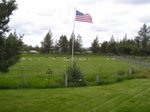


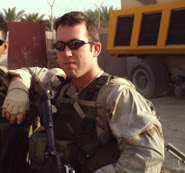










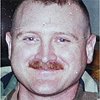


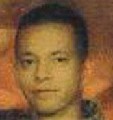









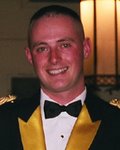






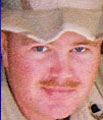
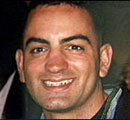





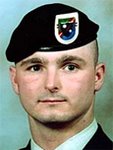




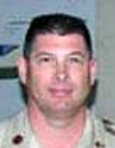
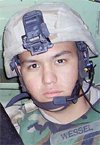
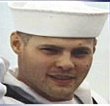

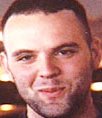



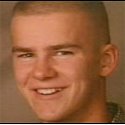
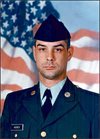


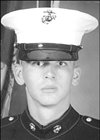
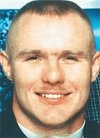
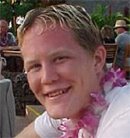

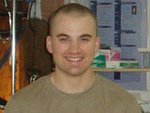




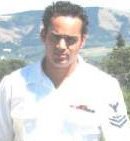

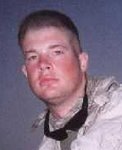
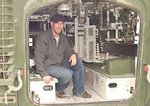
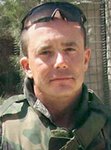



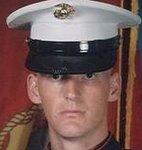
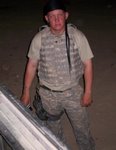
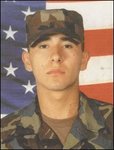
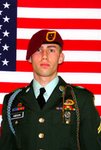

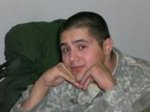
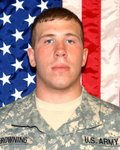





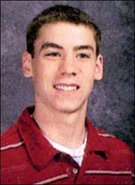
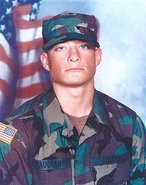
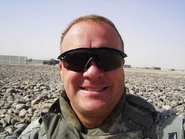
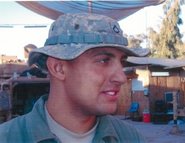
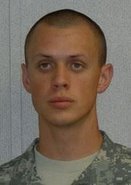
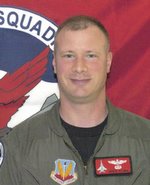
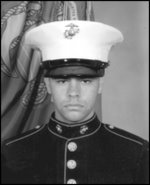
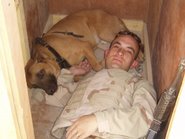
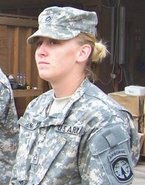

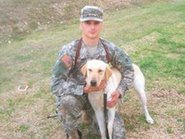

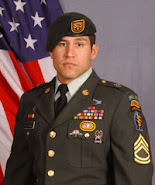

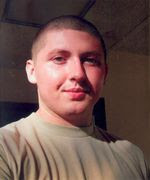



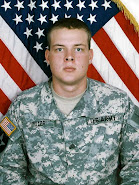
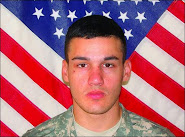



3 comments:
Thanks for bringing a different perspective to what we are doing. I am sure this type of service is not on many peoples radar.
Not being an agrarian type, I looked at that picture of the goat in the date palm and thought "No! Can't BE!" I had no idea goats could...and would...climb things. And date palms are TALL!
As I've said before, Cynthia, I learn something every day... and more often than not that "something" is on your blog!
Buck-
That picture was actually taken for me by one of our adopted soldiers! He had told me about being on patrol and hearing movement overhead and it would be a goat in the date palms... I'm sure a few goats expired that way! - I said - send me a picture!
We raise goats, so while not surprised about the climbing, we were surprised about how high they climbed in the tree!!!
Post a Comment